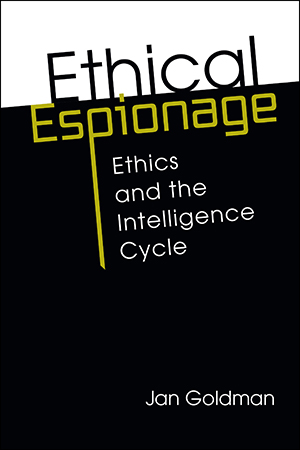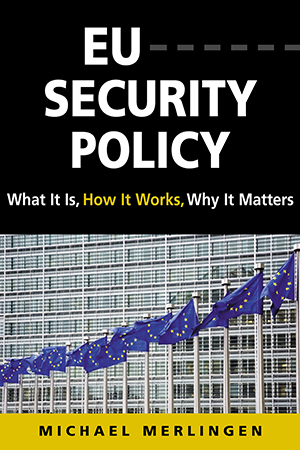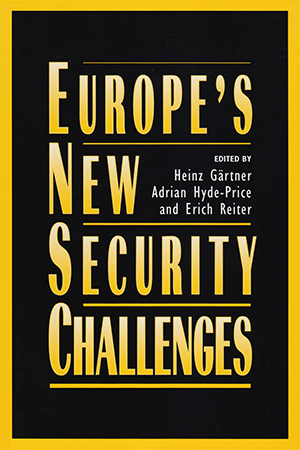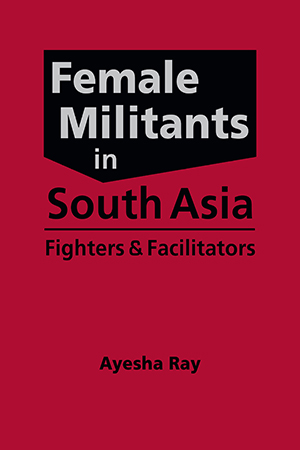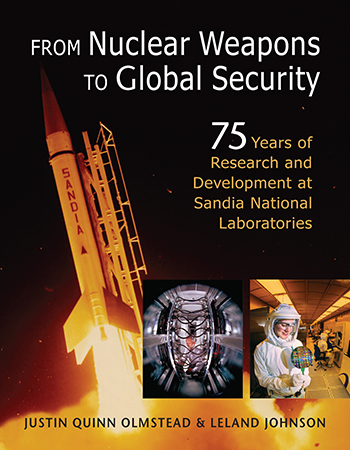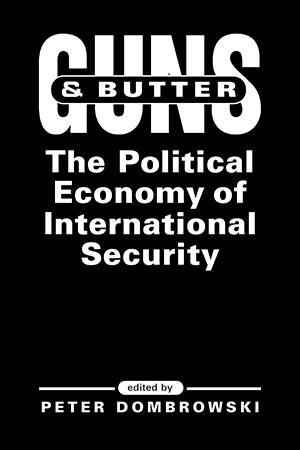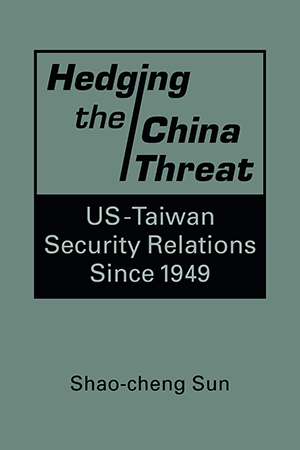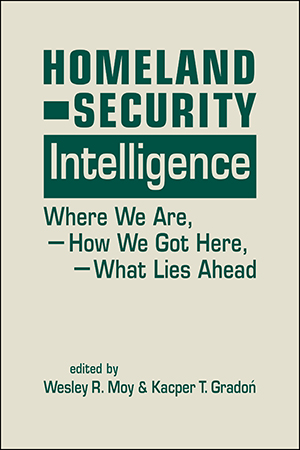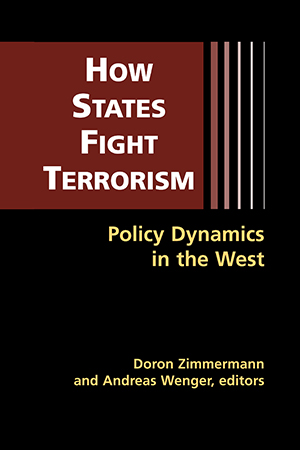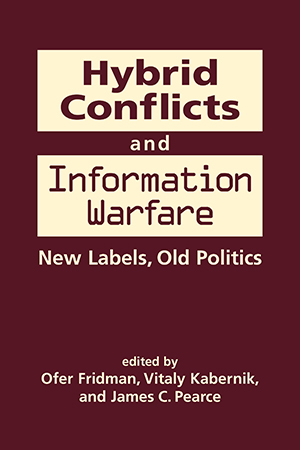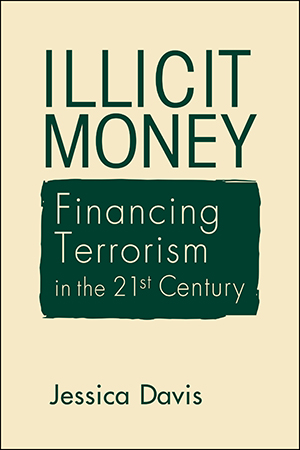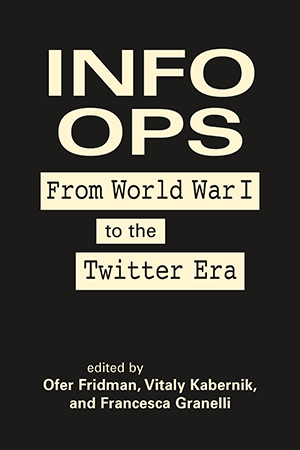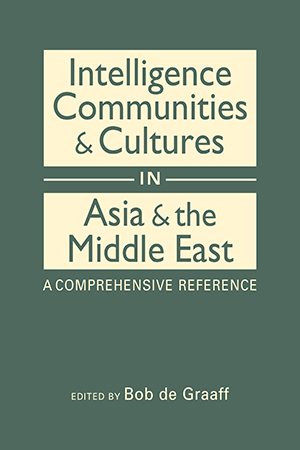Security & Intelligence Studies
Thoroughly examining the deliberations over NATO enlargement in twelve countries—five current members of the alliance; three invited to join in the first round of enlargement; two More >
Can spying ever be ethical? What role do ethics play in intelligence missions shrouded in secrecy? Can the end justify the means? Jan Goldman confronts these thorny questions as he charts More >
What is the European Union's security and defense policy (CSDP)? How does it work? Does it make a difference in international security affairs? How do other global actors react to More >
A central point of controversy among both academics and policymakers is the nature and significance of security in the post–Cold War world. Engaging that discussion, this original More >
Though often portrayed as lacking agency, women in South Asia, in considerable numbers, participate actively in the insurgencies that plague the region—taking up arms alongside men or More >
Sandia National Laboratories is one of the primary providers of the science, technology, and engineering capabilities needed to ensure both US and global security. Its mandate has moved far More >
What happens when external forces are brought to bear on domestic grievances and governance institutions? In environments profoundly affected by both violent extremist organizations and More >
Reflecting the growing interest among scholars and practitioners in the relationship between security affairs and economics, this new volume explores the nature of that relationship in the More >
The United States has never formally recognized Taiwan as a sovereign state, yet it has provided the country with security assistance since the establishment of the Republic of China (ROC) More >
What is the role of intelligence in the homeland security enterprise? How have its practice and function evolved since the creation of the Department of Homeland Security more than two More >
As national governments struggle to cope with the complex threat of mass-casualty terrorist attacks, there is an ongoing debate about the best approaches to counterterrorism policy. The More >
What is hybrid warfare? And what role does information play in today's conflicts? In the context of the technological/information revolution of the last two decades—which has More >
Terrorists need money ... to recruit and train people, to buy weapons, to maintain safe houses, to carry out attacks. Which raises the question: how do they procure and protect funds to More >
Since antiquity, information has been used in conflict—to deceive, to demoralize, to sow fear among enemy troops. Not until the twentieth century, though, did information operations More >
How are intelligence systems structured in countries across Asia and the Middle East—from Russia to India, from Turkey to China and Japan, from Kazakhstan to Saudi Arabia? In what ways More >



